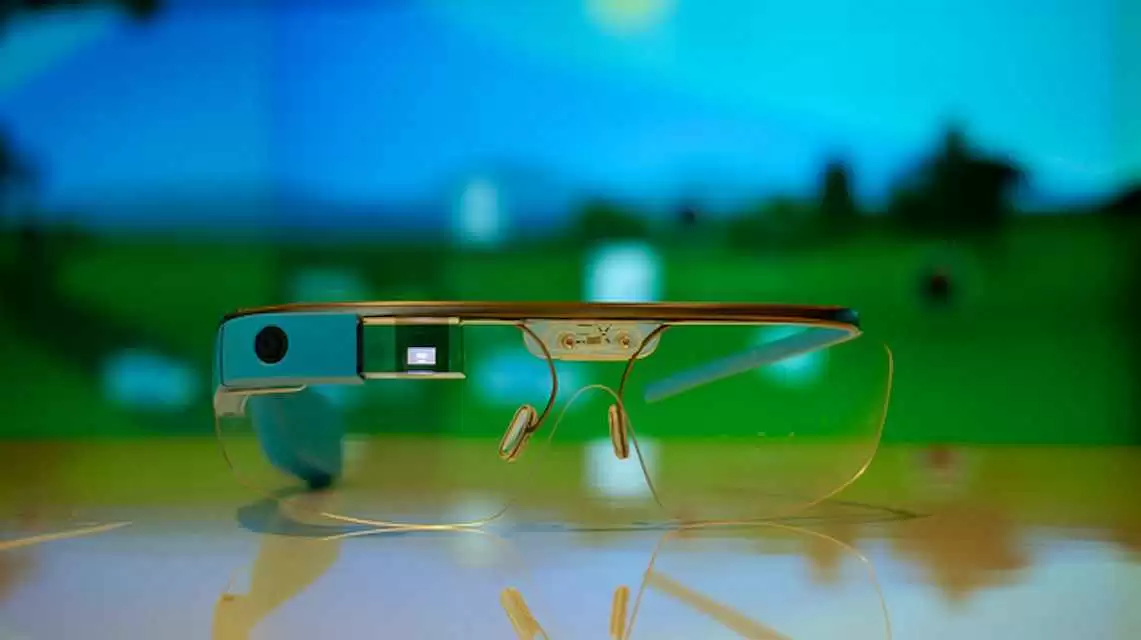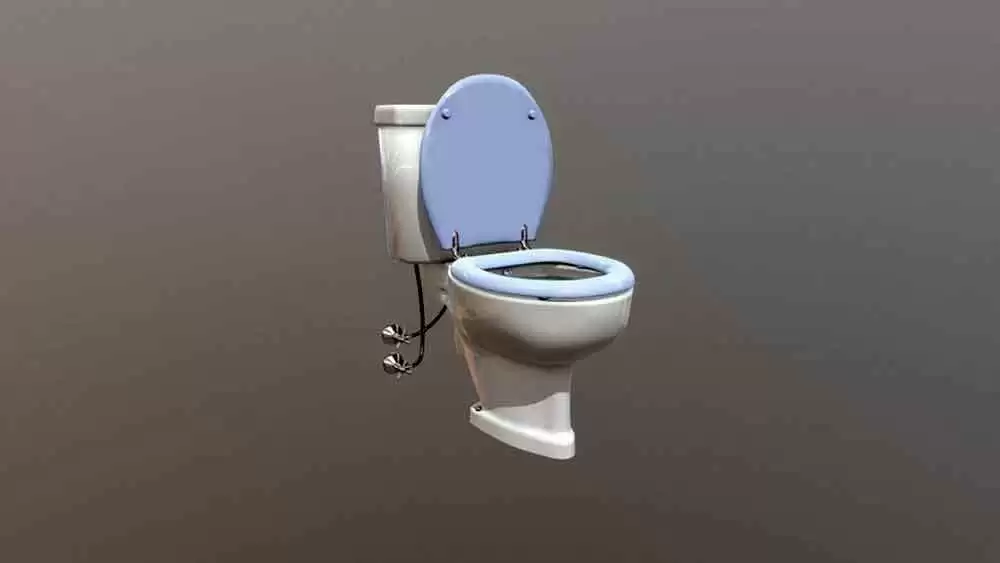Celiac.com 07/10/2025 - As technology rapidly advances in healthcare, a once far-fetched idea is gaining traction: could smart toilets and other digital tools revolutionize how people with celiac disease or gluten sensitivity track their health? The idea might sound futuristic—or even invasive—but research and innovation are pushing the boundaries of how we monitor autoimmune and gastrointestinal conditions.
For those living with celiac disease, daily vigilance is essential. Even a crumb of gluten can set off a cascade of symptoms and long-term damage. But symptoms aren’t always immediate or obvious, and traditional testing is reactive, not preventative. That’s where the future of smart monitoring—via wearable devices, artificial intelligence (AI), and yes, even smart toilets—could transform the landscape of gluten-free living.
Understanding the Challenge: Why Gluten Exposure Is Hard to Track
Celiac.com Sponsor (A12):
Celiac disease is an autoimmune condition triggered by the ingestion of gluten, a protein found in wheat, barley, and rye. When someone with celiac eats gluten, their immune system launches an attack on their small intestine, causing inflammation and long-term damage. Symptoms vary widely—some people experience immediate gastrointestinal distress, while others suffer from fatigue, brain fog, or even no symptoms at all.
This unpredictability makes managing the disease difficult. People must rely on strict gluten-free diets, label reading, and cross-contamination vigilance. Yet even with the best efforts, accidental gluten exposure still happens—sometimes without the individual even realizing it until damage has already occurred.
What’s missing is a way to monitor gluten exposure in real time, before the body suffers harm. That's where emerging technologies may offer new hope.
The Rise of Smart Toilets and Digestive Health Tracking
Smart toilets—devices equipped with sensors that analyze stool and urine—are no longer just science fiction. Several companies are developing bathroom technologies that can monitor everything from hydration levels to biomarkers for disease. These smart systems may soon be able to assess gut inflammation, microbiome health, or even detect specific proteins and metabolites related to gluten ingestion.
For someone with celiac disease, a smart toilet could analyze waste for signs of inflammation or gluten breakdown products. Over time, it could learn an individual’s typical digestive pattern and flag abnormalities. AI could then cross-reference that data with food intake or symptoms tracked via apps and wearables to identify potential gluten exposures faster than current testing methods allow.
Imagine finishing a meal, visiting the restroom, and receiving a notification on your phone that gluten was detected—before symptoms start. This kind of real-time monitoring could allow individuals to take immediate action, such as beginning recovery protocols or alerting a physician.
Wearables and AI: A Gluten-Free Guardian Angel?
Beyond the bathroom, wearable health devices—like smartwatches and continuous glucose monitors—are already being adapted to track digestive health. In the context of celiac disease, wearables could one day monitor subtle physiological responses to gluten exposure, such as changes in heart rate variability, skin temperature, or even molecular changes detectable through sweat.
AI plays a crucial role here. By analyzing patterns over time, AI algorithms could detect personalized gluten reactions that would otherwise go unnoticed. For example, if someone’s body temperature rises slightly, their skin conductivity changes, and mild fatigue sets in a few hours after eating at a restaurant, the system might identify this pattern as a gluten response—even if no overt symptoms appear.
This personalized feedback loop could help users learn which foods or environments carry higher risk, allowing them to refine their habits and diet more effectively than ever before.
What This Means for People with Celiac Disease or Gluten Sensitivity
For people with celiac disease, these technologies offer several potential benefits:
1. Early Detection of Gluten Exposure
Rather than waiting for symptoms or relying on infrequent antibody tests, users could receive alerts within hours—or even minutes—of exposure, allowing for quicker intervention and less long-term damage.
2. Reduced Anxiety and Uncertainty
Many people with celiac disease live in constant fear of hidden gluten. Knowing that your smart toilet or wearable can help detect accidental exposure could ease the mental burden of strict dietary management.
3. Better Medical Guidance
Real-time data could be shared with healthcare providers to adjust treatment plans, assess progress, or identify persistent dietary risks. Longitudinal tracking could reveal trends that would otherwise go unnoticed.
4. Personalized Recovery Plans
Once gluten exposure is detected, users could be guided through a recovery protocol tailored to their unique symptoms—whether that means rest, hydration, or anti-inflammatory foods and supplements.
Even people with non-celiac gluten sensitivity (NCGS), whose condition lacks clear biomarkers, might benefit from AI’s ability to detect subtle but consistent bodily responses to gluten, validating their experience and offering practical guidance.
Potential Drawbacks and Privacy Concerns
Of course, there are hurdles to overcome. Smart toilets and AI health monitors raise privacy issues, as they collect highly personal biological data. Data security and consent must be at the forefront of any technology rollout.
Cost and accessibility are also concerns. Advanced devices could be expensive and not covered by insurance, creating disparities in access. Furthermore, not all people with celiac disease may feel comfortable with continuous tracking or biometric monitoring in such intimate areas of life.
Accuracy is another issue. For these technologies to be trusted, they must consistently and reliably detect gluten exposure and inflammation—something that will require robust clinical trials and regulatory approval.
Where We Are Now: Research and Innovation on the Horizon
While the idea of gluten-detecting toilets and AI-driven wearables is still emerging, some early-stage projects and products suggest that the concept is feasible. In 2022, researchers at Stanford unveiled a prototype smart toilet that could analyze stool samples for signs of disease. Meanwhile, companies like Biowearables and food sensitivity trackers are beginning to apply machine learning to gut health.
Startups are also exploring patches that detect digestive enzymes or inflammatory markers through the skin. With the right funding and clinical research, it's possible that a gluten-detecting smart system could hit the consumer market within the next decade.
For now, individuals with celiac disease can look forward to incremental improvements—like better food scanning apps, smarter gluten-detecting sensors, and AI-powered symptom trackers—all of which point toward a more proactive and personalized future.
Conclusion: The Promise of a Smarter Gluten-Free Life
Celiac disease is one of the few chronic conditions where a 100% effective treatment exists—a gluten-free diet—yet the difficulty lies in implementation, vigilance, and monitoring. Smart technology, including AI-driven wearables and even smart toilets, could finally offer tools to bridge that gap between treatment and management.
The ability to detect gluten exposure in real time would be a game changer for millions living with celiac disease or gluten sensitivity. By catching exposure early, reducing uncertainty, and empowering people to take control of their health, this new wave of innovation might turn the bathroom and the wristwatch into allies in the lifelong journey toward gluten freedom.
As strange as it may sound, the bathroom of the future might just be the most important room in the house for people with celiac disease—and that's a future worth flushing away our doubts for.











Recommended Comments
There are no comments to display.
Create an account or sign in to comment
You need to be a member in order to leave a comment
Create an account
Sign up for a new account in our community. It's easy!
Register a new accountSign in
Already have an account? Sign in here.
Sign In Now